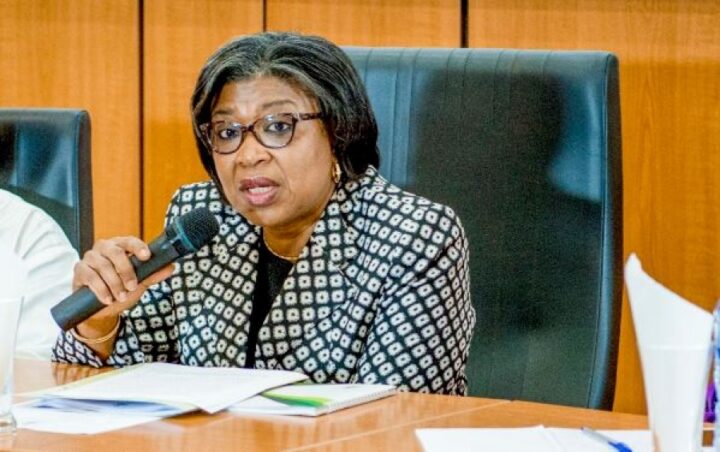Understanding Nigeria’s Rising Public Debt: DMO Explains Factors Contributing to N121.67 Trillion Debt Stock
The Debt Management Office (DMO) has revealed that the increase in Nigeria’s public debt stock is partly due to new borrowing and Ways and Means securitisation. Patience Oniha, the director-general of DMO, shared this information in an interview with NAN in Abuja.
As of the end of the first quarter of 2024, Nigeria’s total public debt stood at N121.67 trillion, marking a significant increase from N97.34 trillion reported in December 2023. Oniha explained that the rise in the debt stock was influenced by the securitisation of N4.90 trillion as part of the N7.3 trillion Ways and Means advances approved by the national assembly. Additionally, new borrowing of N2.81 trillion from the N6.06 trillion provided in the 2024 budget also contributed to the increase.
Oniha highlighted the impact of interest rates and exchange rates on the debt stock, emphasizing the need for fiscal retrenchment and measures to attract foreign exchange inflows to support the naira exchange rate. Despite the significant increase in the debt stock, she reassured that the debt is moderate and within normal limits when foreign exchange impacts are removed.
The DMO director-general also noted that the total external debt stock remained relatively flat at $42.50 billion and $42.12 billion in Q4 2023 and Q1 2024, respectively. However, the naira values showed a significant difference, leading to the perceived sharp increase in the total debt stock in the first quarter of 2024.
Overall, Oniha emphasized the importance of ongoing reforms and measures to stabilize the economy and manage the country’s debt effectively. The report on Nigeria’s public debt reflects both challenges and opportunities for sustainable economic growth and development.
